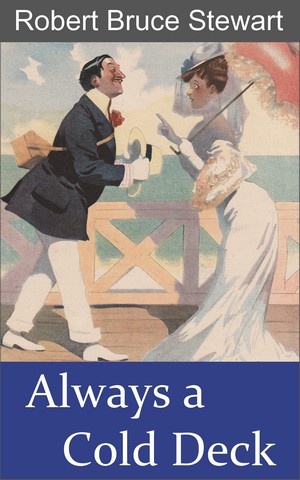This is the first Harry Reese Mystery, and the first fiction
I’d written since school. Needless to say, the manuscript required a great deal
of work before it was presentable. If my wife hadn’t been an editor (and a very
patient one), the production costs would have been prohibitive. That’s true of
the rest of the books, but particularly true of this one.
I had three objectives in mind for the book (and each of the
subsequent ones as well): it should be a satisfying mystery; it should be
faithful to the period; and it should be humorous. I soon found this to be more
difficult than I had expected.
I began hoping to include as much historical detail as
possible, and sometimes I let interesting bits of research entice me to stray
from the plot. The first part of the book centers on a fire at the Eastern
Elevator Company in late July 1900. This was a real company and the fire did
take place as depicted. That was the story that first caught my eye. Some of
the shadiness depicted is also based on truth—it had defaulted on the mortgage,
and there had been a stock scandal involving manipulation of its share price. Though
much research went into the depiction of Buffalo, its buildings, entertainment
of the time, transportation, etc., I gradually learned to keep the overt
references—like the visit to Dr. Linn’s Museum—to a minimum. That meant a lot
of the research was left unused for the good of the mystery. Once the idea of
smuggling comes in, the story is almost purely fiction.
Harry is meant to be a sort of everyman. He has no
outstanding talents or eccentricities, but he is reasonably intelligent and
seems never to lose his sense of humor. The introduction of a love interest was
always in the back of my mind, but once Emmie entered the book she took on a
life of her own. With hindsight, it’s obvious she was the essential element, and later I went back and trimmed the
opening chapters so her appearance came all the sooner.
One minor part of the book, but which I look back on fondly,
occurs when Harry and Emmie visit a concert saloon:
Just about then a
piano player got going. He sang along with himself. Not well, perhaps, but one
could understand the lyrics of each song and that struck me as rather novel for
a concert saloon. These were the usual tunes one would hear in any parlor, but
the artiste had taken certain liberties with the lyrics. In his version of the
old standard She Loved Not Wisely, But Too Well, “she” also did it quite often.
That piano players would take liberties with lyrics was my conjecture—an
educated guess based on the fact that those of published music were absurdly
tame, and yet there were an infinite number of rowdy places of entertainment.
Later, I found confirmation of this in Mark Sullivan’s Our
Times.
In some ways, this was the most enjoyable book to write. My
expectations were modest and my enthusiasm unchecked by subsequent
disappointments. And though I didn’t feel completely satisfied with the finished
product, I did take a great deal of pride in having completed it.

No comments:
Post a Comment
Note: Only a member of this blog may post a comment.